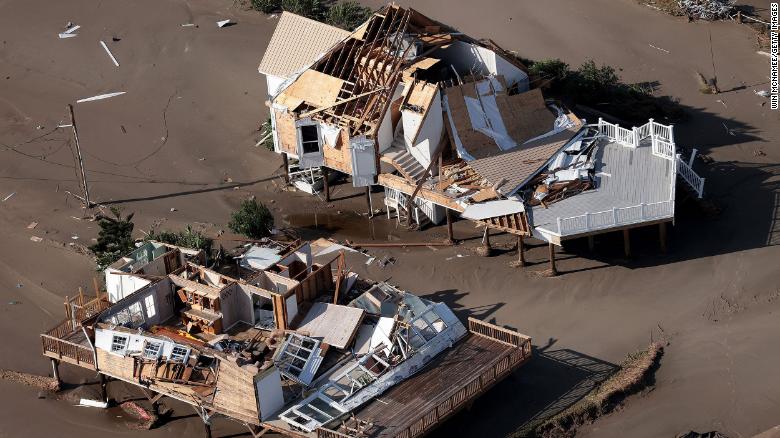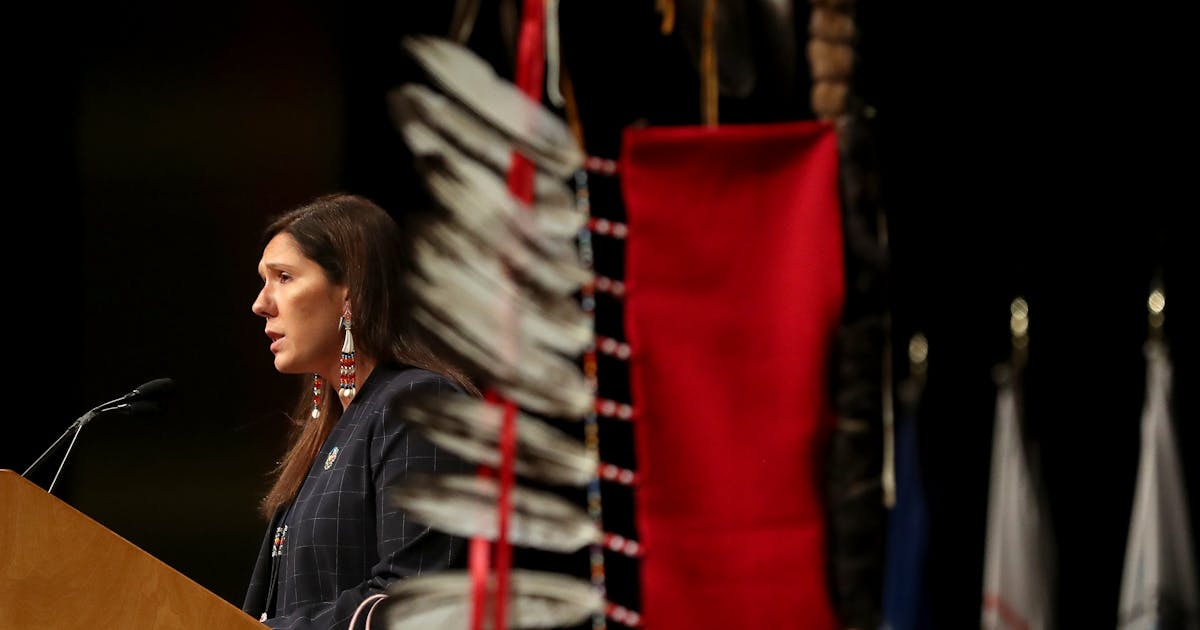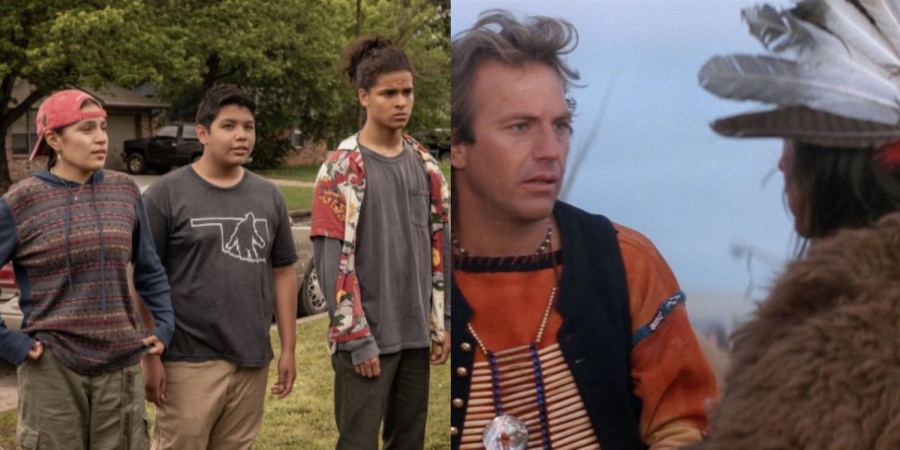Native Americans are shamelessly forging their way into the music industry

Three Native American artists discussed what music means to them and their culture at an event, “Sites of Transformations: Songs, Native Identity and Healing,” hosted Saturday by the University’s Center for the Humanities and Public Sphere. from Florida.
Sacramento Knoxx, from the Ojibwe tribe, joined Lyla June Johnston, known professionally as Lyla June, and moderator Renata Yazzie, both from the Diné (or Navajo) tribe for the virtual event.
Yazzie started playing the piano when she was 3 years old. To encourage Native American students to pursue music, she launched the Native American Musicians Scholarship with The Heartbeat Music Project.
June is a musician with songs such as “Water is Life”, which wonder why humans have damaged the Earth and cease to be grateful for its gifts. She is also a speaker who focuses on Indigenous rights and intergenerational and cross-cultural trauma healing.
Knoxx, from Detroit, whose music draws from many different styles, genres and cultures, is the co-founder of The Aadizookaan, a group of people who use indigenous ancestral knowledge to tell stories through their various art forms. Aadizookaan means the sacred spirit of history.
Yazzie kicked off the event by releasing a music video for June’s song “All Nations Rise.”
In the video, June is seen singing as she wanders through different parts of the desert and areas near water: “Indigenous peoples, shine your light, we are equal. I remember the days when our prayers were illegal. I remember when being Indian was deadly.
Yazzie also showed part of a video for Knoxx’s song “Bwaanzhii-Niimi (Dance the War Dance)”. In this video, shadows with dark and colorful effects surround the dancing artist, as he raps about his motivation to move towards success and happiness in his culture.
The following has been edited for length and clarity.
Yazzie: What are the musical and personal influences in your life?
June: To me, I don’t care what it looks like as long as it has a message. My dad was a baby boomer and he had stacks and stacks of vinyl records. I was definitely raised on all classic rock. I love Lauren Hill, System of a Down, EDM. I dabbled in Christian pop. Like many aboriginal people, I never really fit into a box. I have noticed that so many Aboriginal people are multidimensional.
Knox: My non-musical influence comes from the women in my life who raised me. I was listening to something called Latin freestyle. Queen was listening to this so I was listening to this. Queen is a big thing and my mom would listen to her a lot. I also like patterns and changes in hip-hop like Biggie or Wootang.
Yazzie: How do music and songs work separately for you?
June: I tried to take a break from writing music, but I can’t. Music works in my life like this oxygen. I always write a song in my head. For me, songs are entities in their own right. If you look at the old ways of making native music, no one takes credit for it. They just exist through us and we pass them on to our children. I feel like they’re little babies I’m giving birth to, and when they can walk on their own, I let them go. There is a Plains Nations prayer that says, “May I be a hollow bone. As musicians, we are just vessels.
Knox: Music is only organized sound. The songs just take that combination of that and expand it. I feel like all of these things exist separately. When you put the turn signal in the car, and it makes this ticking, in my head, it’s already a tempo. It’s like a story from the sounds that come together. These are all my favorites. It’s like trying to choose a favorite child.
Yazzie then took questions from the virtual audience.
Q: How is healing related to your music? How does movement affect this?
June: As we all know, we carry a lot of trauma. With suffering comes the need for healing, and what I’ve been told is that when you write or talk about your pain, you literally take the pain away. You are almost purging your pain. There is an energy with the sound waves coming out of us.
Knox: It’s very calming to create. I’ll play chords and it might turn into music but it heals me a lot. It’s hard not to move to the music. I feel like it’s just kind of a left and right thing. Vibrations and movement are like a marriage.
Q: How do you feel about other cultures using some of your culture’s practices in their own art?
Knox: Do not do it. Do not do it. Unless you have some ties to the culture or the people or some type of permission, I don’t recommend doing this.
June: I will have to accept. Not only can you risk taking ownership, but the social climate we find ourselves in right now is very unforgiving. At the same time, some nations are very generous, but whatever we share is going to be sacred, so you just have to be very careful what you do with it.




